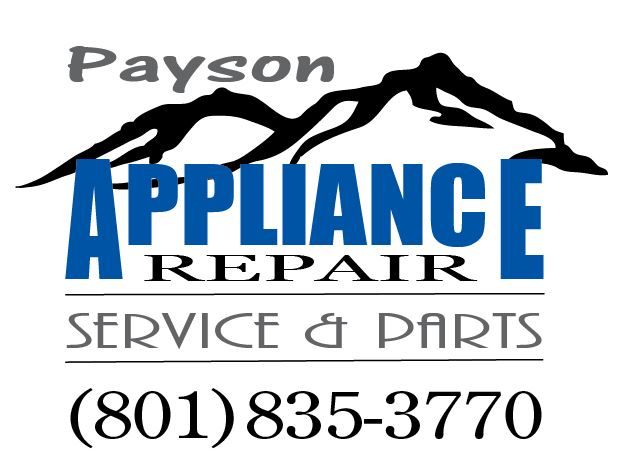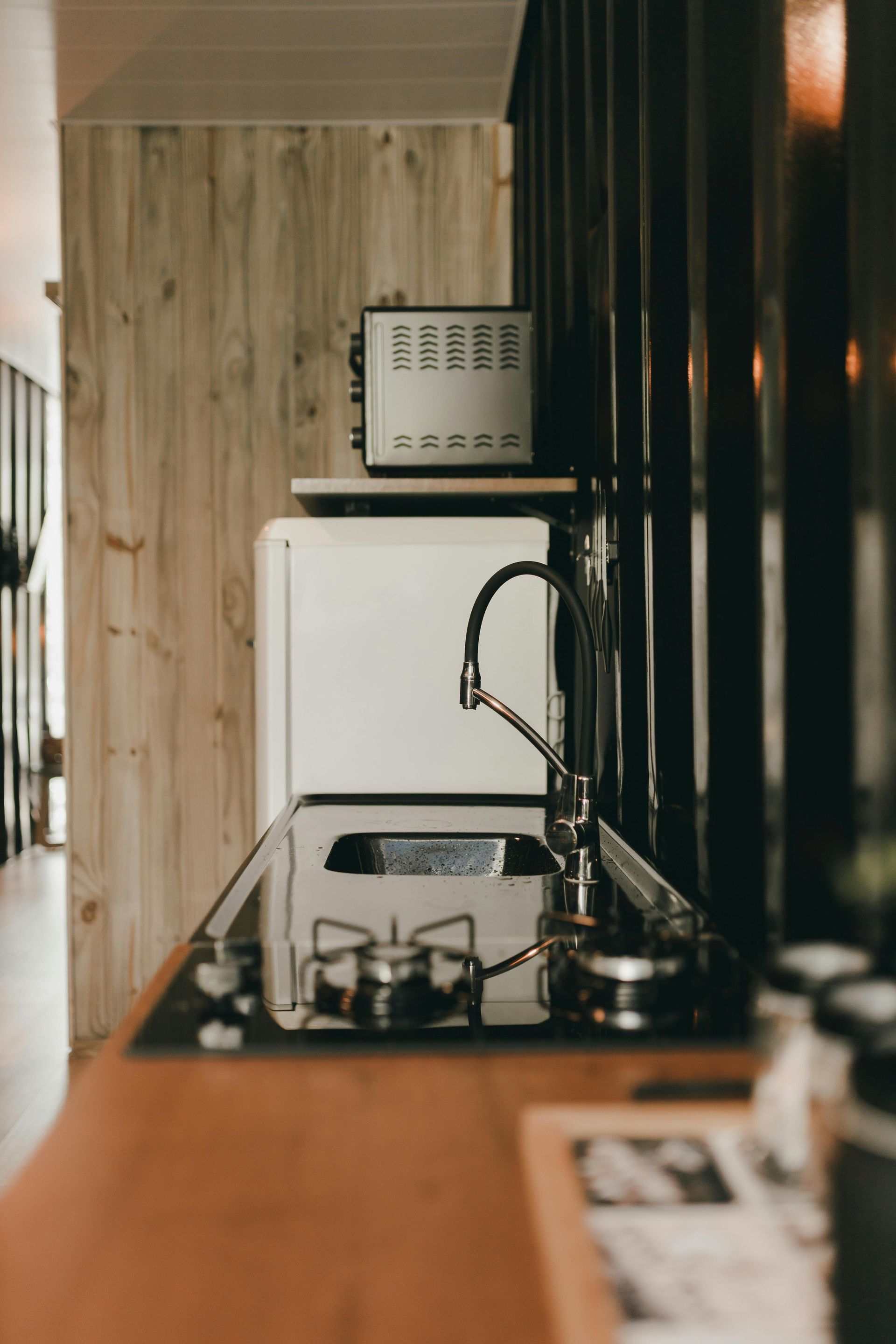How Often Should You Service Your Home Appliances?
Maintaining your home appliances is key to ensuring they run efficiently, last longer, and save you from costly repairs. Regular servicing can prevent unexpected breakdowns and keep your household running smoothly. From refrigerators to washing machines, each appliance has unique maintenance needs based on its function, usage, and manufacturer recommendations. This article explores how often you should service your home appliances, offering practical advice to help you create a maintenance schedule that serves various areas. By understanding the importance of routine care, you can extend the lifespan of your appliances and avoid unnecessary expenses.
Key Takeaways
- Servicing appliances at recommended intervals prevents wear and tear, helping them last longer.
- Check manuals for specific maintenance schedules tailored to your appliance models.
- Heavy use may require more frequent servicing than light or occasional use.
- Some tasks, like cleaning filters, can be done at home, while others, like electrical checks, need professionals.
- Appliances like HVAC systems benefit from seasonal servicing to handle weather changes.
- Routine checks catch small issues before they become expensive repairs.
Why Appliance Maintenance Matters
Home appliances are significant investments, and neglecting them can lead to inefficiencies, higher energy bills, and premature replacements. Regular maintenance ensures optimal performance, reduces energy consumption, and minimizes safety risks, such as electrical faults or gas leaks. For example, a poorly maintained refrigerator may struggle to keep food cold, while a neglected dryer could pose a fire hazard due to lint buildup. By servicing appliances regularly, you address minor issues before they escalate, saving time and money in the long run.
Maintenance also aligns with environmental goals. Well-maintained appliances use less energy, reducing your carbon footprint. Additionally, extending the lifespan of your appliances means fewer replacements, which reduces waste. Creating a maintenance schedule based on usage, manufacturer guidelines, and appliance type is a practical way to stay proactive.
General Guidelines for Appliance Servicing
The frequency of servicing depends on the appliance, its usage, and the manufacturer's recommendations. Most appliances come with a user manual that outlines suggested maintenance intervals. If you’ve misplaced the manual, check the manufacturer’s website or contact their customer service for guidance. Below are general factors to consider:
- Usage Patterns: Appliances used daily, like refrigerators or dishwashers, may need more frequent attention than those used sporadically, like a stand mixer.
- Age of the Appliance: Older models may require more frequent checks due to wear and tear, while newer, energy-efficient models may need less.
- Environmental Factors: Appliances in humid, dusty, or high-traffic areas may need more frequent cleaning to prevent buildup or corrosion.
- Warranty Requirements: Some warranties require regular professional servicing to remain valid.
As a rule of thumb, most appliances benefit from an annual checkup, but specific needs vary. Let’s break down maintenance schedules for common household appliances.
Appliance-Specific Maintenance Schedules
Refrigerators
Refrigerators run 24/7, making regular maintenance critical for efficiency and longevity. Dust and debris can accumulate on condenser coils, forcing the unit to work harder and increasing energy costs.
- Servicing Frequency: Clean condenser coils every 6-12 months, depending on dust levels in your home. Check door gaskets annually for cracks or leaks.
- DIY Tasks: Vacuum coils, clean interior shelves, and check the water filter (if applicable) every 6 months.
- Professional Tasks: Have a technician inspect the compressor and refrigerant levels every 2-3 years or if you notice performance issues, like uneven cooling.
Washing Machines
Washing machines endure heavy wear from water, detergent, and frequent use. Hard water can cause mineral buildup, while lint and debris may clog drains.
- Servicing Frequency: Clean the drum and detergent dispenser every 3-6 months. Schedule professional servicing every 1-2 years.
- DIY Tasks: Run a hot water cycle with vinegar monthly to remove buildup. Check hoses for wear and replace every 3-5 years to prevent leaks.
- Professional Tasks: A technician can inspect the motor, belts, and drainage system for issues, especially in older models.
Dryers
Dryers require regular maintenance to prevent lint buildup, which can reduce efficiency and pose a fire hazard.
- Servicing Frequency: Clean the lint filter after every load and the vent system every 6-12 months. Professional servicing is recommended every 1-2 years.
- DIY Tasks: Vacuum the lint trap and vent pipe regularly. Check the exhaust duct for blockages.
- Professional Tasks: Technicians can inspect the heating element, belts, and drum for wear, ensuring safe operation.
Dishwashers
Dishwashers handle food residue, grease, and water, making them prone to clogs and odors if not maintained.
- Servicing Frequency: Clean the filter and spray arms every 3-6 months. Schedule professional checks every 1-2 years.
- DIY Tasks: Run a cleaning cycle with vinegar or a dishwasher cleaner monthly. Inspect the door gasket for debris.
- Professional Tasks: A technician can check the pump, motor, and water lines for blockages or leaks.
Ovens and Stoves
Ovens and stoves face spills, grease, and high temperatures, which can affect performance if not addressed.
- Servicing Frequency: Clean the interior and burners every 3-6 months. Professional servicing is recommended every 1-2 years for gas models or if electric models show issues.
- DIY Tasks: Wipe down surfaces and clean burners regularly. For self-cleaning ovens, use the cleaning cycle every 6 months.
- Professional Tasks: Technicians can inspect gas lines, igniters, or electrical components for safety and efficiency.
HVAC Systems
Heating, ventilation, and air conditioning (HVAC) systems require seasonal maintenance to handle temperature changes and maintain air quality.
- Servicing Frequency: Service twice a year, ideally before summer and winter. Replace filters every 1-3 months, depending on usage and air quality.
- DIY Tasks: Replace or clean filters and clear debris around outdoor units.
- Professional Tasks: Technicians can inspect ductwork, refrigerant levels, and electrical components to ensure optimal performance.
Small Appliances
Small appliances like microwaves, toasters, and coffee makers require less frequent servicing but still benefit from regular care.
- Servicing Frequency: Clean every 1-3 months based on usage. Professional servicing is rarely needed unless issues arise.
- DIY Tasks: Wipe down surfaces, remove crumbs, and descale coffee makers with vinegar as needed.
- Professional Tasks: Seek help only if the appliance malfunctions, as repairs are often more cost-effective than routine servicing.
| Appliance | DIY Maintenance Frequency | Professional Servicing Frequency |
|---|---|---|
| Refrigerator | Every 6-12 months | Every 2-3 years |
| Washing Machine | Every 3-6 months | Every 1-2 years |
| Dryer | After every load (lint filter); every 6-12 months (vent) | Every 1-2 years |
| Dishwasher | Every 3-6 months | Every 1-2 years |
| Oven/Stove | Every 3-6 months | Every 1-2 years (gas models) |
| HVAC System | Every 1-3 months (filters) | Twice a year |
| Small Appliances | Every 1-3 months | As needed |
Signs Your Appliance Needs Immediate Servicing
Even with a regular maintenance schedule, appliances may show signs of trouble that require immediate attention. Look out for:
- Unusual Noises: Grinding, rattling, or squeaking could indicate mechanical issues.
- Poor Performance: Slow heating, uneven cooling, or longer cycle times suggest inefficiencies.
- Leaks or Odors: Water leaks, gas smells, or burning odors require urgent professional inspection.
- Increased Energy Bills: A sudden spike may indicate an appliance is working harder than normal.
- Error Codes: Modern appliances display codes to signal specific issues. Check the manual or contact a technician.
If you notice any of these signs, don’t delay. Addressing problems early can prevent costly repairs or replacements.
DIY vs. Professional Maintenance
Some maintenance tasks are simple enough for homeowners to handle, like cleaning filters or wiping down surfaces. These tasks save money and keep appliances running smoothly between professional visits. However, complex tasks, such as inspecting electrical components or gas lines, should be left to certified technicians to ensure safety and compliance with local regulations.
Before attempting DIY maintenance, always unplug the appliance or turn off its power source to avoid accidents. Refer to the user manual for guidance, and avoid disassembling parts unless you’re confident in your skills. When in doubt, hire a professional to avoid voiding warranties or causing damage.
Creating a Maintenance Schedule
To stay on top of appliance maintenance, create a personalized schedule based on your household’s needs. Here’s how:
- List Your Appliances: Note all major and frequently used small appliances in your home.
- Check Manuals: Review manufacturer recommendations for each appliance’s maintenance needs.
- Assess Usage: Adjust servicing frequency based on how often you use each appliance.
- Set Reminders: Use a calendar or app to schedule DIY and professional maintenance tasks.
- Budget for Repairs: Set aside funds for unexpected repairs or professional servicing.
A well-planned schedule ensures no appliance is overlooked and helps you balance DIY and professional tasks effectively.
Frequently Asked Questions
How do I know if my appliance needs professional servicing?
Watch for appliance warning signs like odd noises, poor performance, leaks, or error codes. While DIY cleaning helps, call a professional if issues persist after cleaning, or if the problem worsens, to prevent major damage and ensure longevity.
Can I service all appliances myself?
Regular appliance maintenance, like cleaning filters and defrosting freezers, extends longevity. However, complex issues like electrical problems or mechanical failures require professional repair to ensure safety and maintain warranties.
How much does professional appliance servicing cost?
Appliance repair costs depend on appliance type, issue, and location. Smart fridges cost more to fix than washing machines, and labor rates vary by region. For accurate quotes, contact local technicians, providing appliance details. Many offer free diagnostics or phone estimates. Compare local quotes with manufacturer service plans for cost-effective maintenance.
What happens if I don’t service my appliances regularly?
Ignoring appliance maintenance reduces efficiency, increases energy bills, and poses safety risks like overheating or leaks. Ultimately, this leads to expensive repairs or premature replacements.
Are maintenance schedules the same for all brands?
Follow appliance manual for maintenance to ensure optimal performance, longevity, energy efficiency, and safety. Neglect causes breakdowns, higher energy use, early failure, and hazards. Proactive maintenance protects investments, saves energy, and enhances convenience and safety.
Final Thoughts
Regular maintenance of your home appliances is an investment in their longevity, efficiency, and safety. By following manufacturer guidelines, addressing issues promptly, and balancing DIY and professional servicing, you can keep your appliances in top shape.
Contact a professional today that caters to your household’s needs and stay proactive to avoid unexpected breakdowns. With proper care, your appliances will serve you well for years, saving you money and reducing environmental impact.


